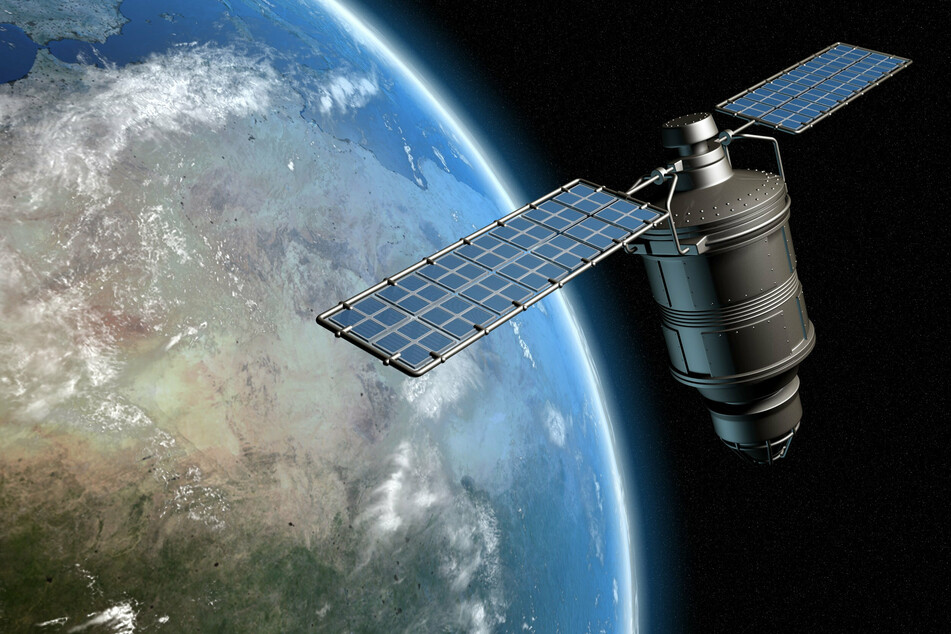Apple's satellite service isn't what you think it is
Cupertino, California - There are rumors of Apple adding satellite capabilities to its smartphones, but that doesn't mean new iPhones will even be able to make satellite calls.

There have been dozens of online reports that Apple is acquiring the technology needed to add satellite capabilities to its range of smartphones.
Though every smartphone on the market with GPS is already accessing satellites, the gist of the rumor is that Apple is gearing up to bypass the need for land-based phone networks at all, and can tout iPhones as being useable from anywhere on earth.
That's not exactly how it's going to play out, says securities analyst Ming-Chi Kuo, who works for TF International.
Kuo suggested the phone will probably work with a radio spectrum owned by Globalstar Inc., a manufacturer of chips that communicate with satellites, according to Yahoo.
Kuo outlined the type of tech being acquired by Apple as a chip that might support communication with satellites orbiting closer to earth.
Yet initially, network-free calls will likely be limited.
The prevailing theory is that it will aim to provide better emergency-response options for iPhone users who are out of cell service, says Engadget. A user would be more easily be able to send short messages to emergency services, particularly in a crisis.
The messages would be shorter than standard texts, but allow users to answer questions from emergency responders about conditions, present dangers, and automatically send their location. They'd perhaps even include medical information from Apple's health app.
The satellite theory is still wrong

However, Sascha Segan, a reporter on mobile and 5G developments for PCMag, outlined two major issues on Twitter.
First, the Qualcomm X60 chip Kuo mentioned can't function on the B53/N53 radio frequencies Kuo specified, and that particular spectrum isn't used to communicate with satellites at all.
So why include the chip in the first place if there actually isn't actually going to be a satellite connection?
Segan surmised that because Apple was in talks with Globalstar, reporters assumed it meant satellite capability.
The expert is convinced the new, modified chip is just going to improve current LTE connections on land, and was never intended to suddenly give new iPhones sweeping access to thousands of overhead satellites, like Starlink satellite internet.
Whichever theory proves to be true is certainly a step down from the idea of buying an iPhone that can make calls in the desert or on a mountain top. Nor is it likely that the soon-to-be-announced iPhone 13 will have satellite capabilities beyond its GPS.
Though the technology could catch up relatively soon, the majority of iPhones are sold and distributed through mobile operators like AT&T and Verizon. So it doesn't make sense for Apple to suddenly dump their biggest dealers just yet.
Cover photo: 123RF/ alexbrylov